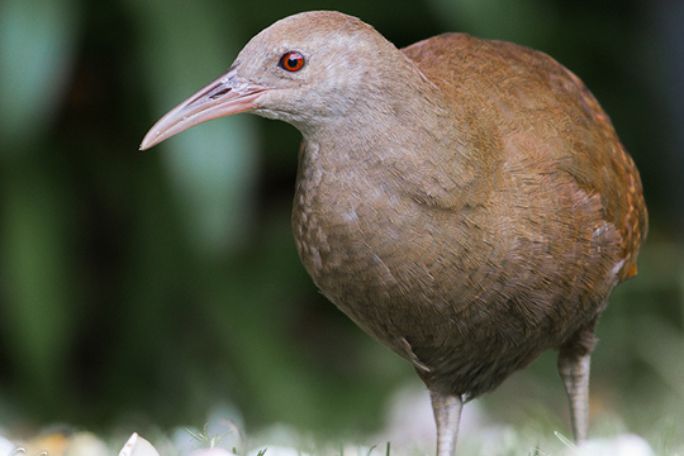Lesson summary
Evolution is the change of a gene pool over time. Some traits will be better suited to the environment, and these will help the organism survive and reproduce, enabling the trait to potentially be passed on to the next generation.
In this lesson, students will learn about the different forms of evolution that can occur in a population. They will then play a fun card game to simulate natural selection (a form of evolution), and use the game to describe how selection pressures change the traits in a population over time.
Learning intentions:
Students will...
- understand how natural selection changes the frequency of traits in a population
- understand how selection pressures affect individuals in a population.
Success criteria:
Students can...
- identify five main causes of evolution
- simulate the processes of natural selection.
Lesson guides and printables
Lesson details
Curriculum mapping
Australian Curriculum content descriptions:
Year 10 Science:
- The theory of evolution by natural selection explains the diversity of living things and is supported by a range of scientific evidence (ACSSU185)
Syllabus outcomes: SC5-14LW
General capabilities: Critical and Creative Thinking, Personal and Social Capability
Cross-curriculum priority: Sustainability
Relevant parts of Year 10 Science achievement standards: Students evaluate the evidence for scientific theories that explain the origin of the universe and the diversity of life on Earth. They explain the processes that underpin heredity and evolution.
This lesson is part of the wider unit of work Lord Howe Island – Years 8 & 10
Time required: 55+ mins
Level of teacher scaffolding: Medium – facilitate class discussion, explain and supervise game playing
Resources required
- Device capable of presenting a video to the class
- Instruction Sheet and game cards – printing one copy of this document per group of 3-4 students will provide enough cards for the game. You do not need to print some pages multiple times. Just one copy of the whole document.
- Student workbooks
Skills
This lesson is designed to build students’ competencies in the following skills:
- Communication
- Critical thinking
- Problem solving
- Social skills
Additional info
If you would like to access additional information about Joshua Yeldham and the photographs of his wonderful exhibition 'Providence'. Please visit the Arthouse Gallery website: Joshua Yeldham - Providence (arthousegallery.com.au/exhibitions/joshua_yeldham/providence) and the artist's website: Joshua Yeldham (www.joshuayeldham.com.au) for exhibitions and his wonderful book: Surrender (joshuayeldham.com.au/the-books). Providence and Surrender were completed during and after his Artist Residency on Lord Howe Island and during his stay at the Capella Lodge (capellalodge.com.au) on Lord Howe Island.


Welcome back!
Don't have an account yet?
Log in with:
By signing up to Cool.org you consent and agree to Cool's privacy policy to
store, manage and process your personal information. To read more, please see
our privacy policy here(Opens in new tab).
Create your free Cool.org account.
Many of our resources are free, with an option to upgrade to Cool+ for premium content.
Already have an account?
Sign up with:
By signing up to Cool.org you consent and agree to Cool's privacy policy to
store, manage and process your personal information. To read more, please see
our privacy policy here(Opens in new tab).